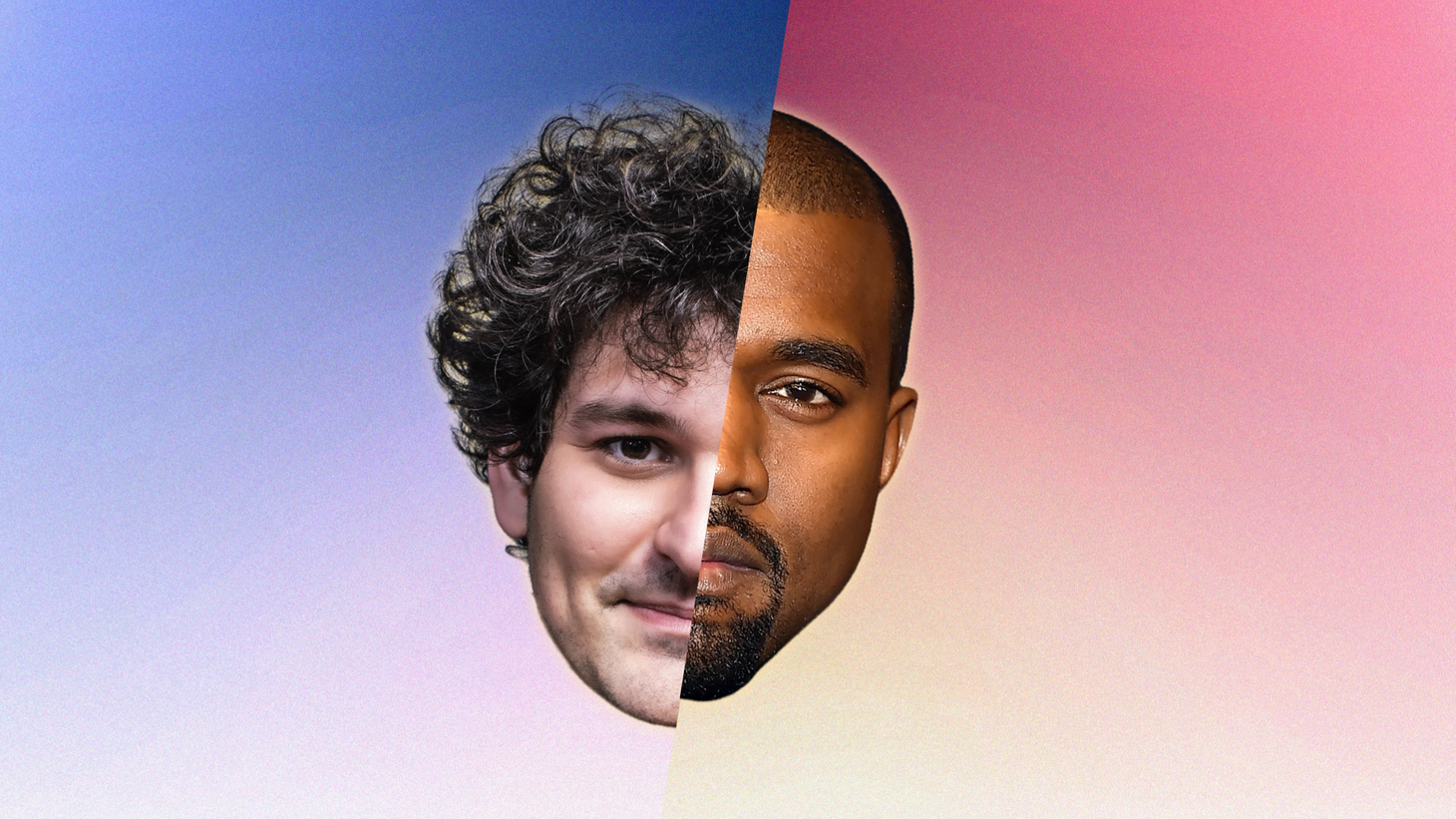Kanye Capitalism
Investors will put up with as much as they can for as long as they can.

Investors will put up with as much as they can for as long as they can.
🎧 An audio version of this article is available below and on Spotify, Apple Podcasts, and beyond.
There's an old Israeli joke about a man who gets banned from a public swimming pool. He goes to the manager's office and asks, "Why was I banned?!".
"You peed in the pool," says the manager.
"So what?" says the man, "everyone pees in the pool."
"Yes," replies the manager. "But you peed from the diving board!"
The global economy operates under the same principle. Outrageous behavior is tolerated as long as nobody notices. And even when people notice, investors and corporations act only once they no longer have a choice.
In some sense, it has always been this way. The local subsidiaries of Ford and General Motors controlled 70% of the German car market at the outset of World War II. When work broke out, the factories retooled themselves to become suppliers of the German army. You might think the factories were nationalized, and US companies no longer had a say in the matter. But, as the Washington Post reported in 1998, this was not the case:
"American managers of both GM and Ford went along with the conversion of their German plants to military production at a time when U.S. government documents show they were still resisting calls by the Roosevelt administration to step up military production in their plants at home."
The extent of these activities was only revealed years after the fact. But long before the holocaust, in the 1920s, Henry Ford's Dearborn Independent published a series of antisemitic articles titled "The International Jew: The World's Problem." In 1922, The New York Times reported:
"A rumor is current here that Henry Ford, the American automobile manufacturer, is financing Adolph Hitler's nationalist and antiSemitic movement in Munich. Indeed, the Berlin Tageblatt has made an appeal to the American Ambassador in Berlin to investigate and interfere."
Hitler admired Ford and quoted him in his 1925 screed, Mein Kampf. The Fuhrer even kept a portrait of the American industrialist in his office.
In 1927, Ford recanted his antisemitic views following backlash from Jewish and Christian consumers and an earlier rebuke by President Woodrow Wilson and former President Taft. Still, in 1938, months before World War II, the Nazi government awarded Henry Ford the country's highest medal of honor for non-Germans.
In Ford's time, consumers were not always aware of what their favorite corporations were up to. As long as they did not "pee from the diving board," business could continue as usual.
These days, consumers are much more informed. And yet, some entrepreneurs are actively "peeing from the diving board." Before Adidas finally dropped him, Kanye West boasted, "I can say antisemitic things, and Adidas can't drop me." Before declaring bankruptcy, FTX founder Sam Bankman-Fried (SBF) gave Bloomberg a detailed account of why his business was a Ponzi scheme.
It gets even worse. Rolling Stone just published a new report about Kanye's work at Adidas. According to multiple employees and executives, Kanye made them watch porn, shared with them explicit photos of his then-wife, and bullied them. An open letter by former employees also claims that "leaders from Adidas were aware of West's 'problematic behavior' but 'turned their moral compass off.'" In some cases, senior managers from Adidas were even direct witnesses to Kanye's behaviors but did nothing, according to the report.
If Kanye and SBF's backers were aware of their exploits, why didn't they drop them then and there?
Because they didn't have to. The investors and executives only turned against them when there was no choice.
We live in a networked world governed by social cascades. When something is hot, you have to jump on the bandwagon and try to make the most of it. When something turns cold, you bail out and run for the hills. Kanye is a viral phenomenon that corporations must ride. So was FTX and its in-house token, FTT. As long as they were good for business, Kanye and SBF were untouchable — more powerful than even Henry Ford.
Ford was a remarkable entrepreneur. But he was not irreplaceable. The world knew how to make cars, and any company could replicate Ford's efforts and achieve similar results. A car is a car. Investors could have transferred their capital from one car company to another, and they would have still made a profit.
But we no longer live in a simple, linear, industrial world. Today's winners are irreplaceable. Our economy is governed by a complex interaction between billions of connected individuals who get excited (and incited) without rhyme or reason. No one knows how to "create" the next Kanye. No one knows how to create the next popular token.
Increasingly, the only way to find out what works is to gamble on multiple things and see what the crowd loves. And once you have a winner, you ride it for as long as you can — until the crowd has enough. And then, you do it again. We shouldn't expect better behavior from our investors.
🎧 An audio version of this article is available on Spotify, Apple Podcasts, and beyond.
Dror Poleg Newsletter
Join the newsletter to receive the latest updates in your inbox.

